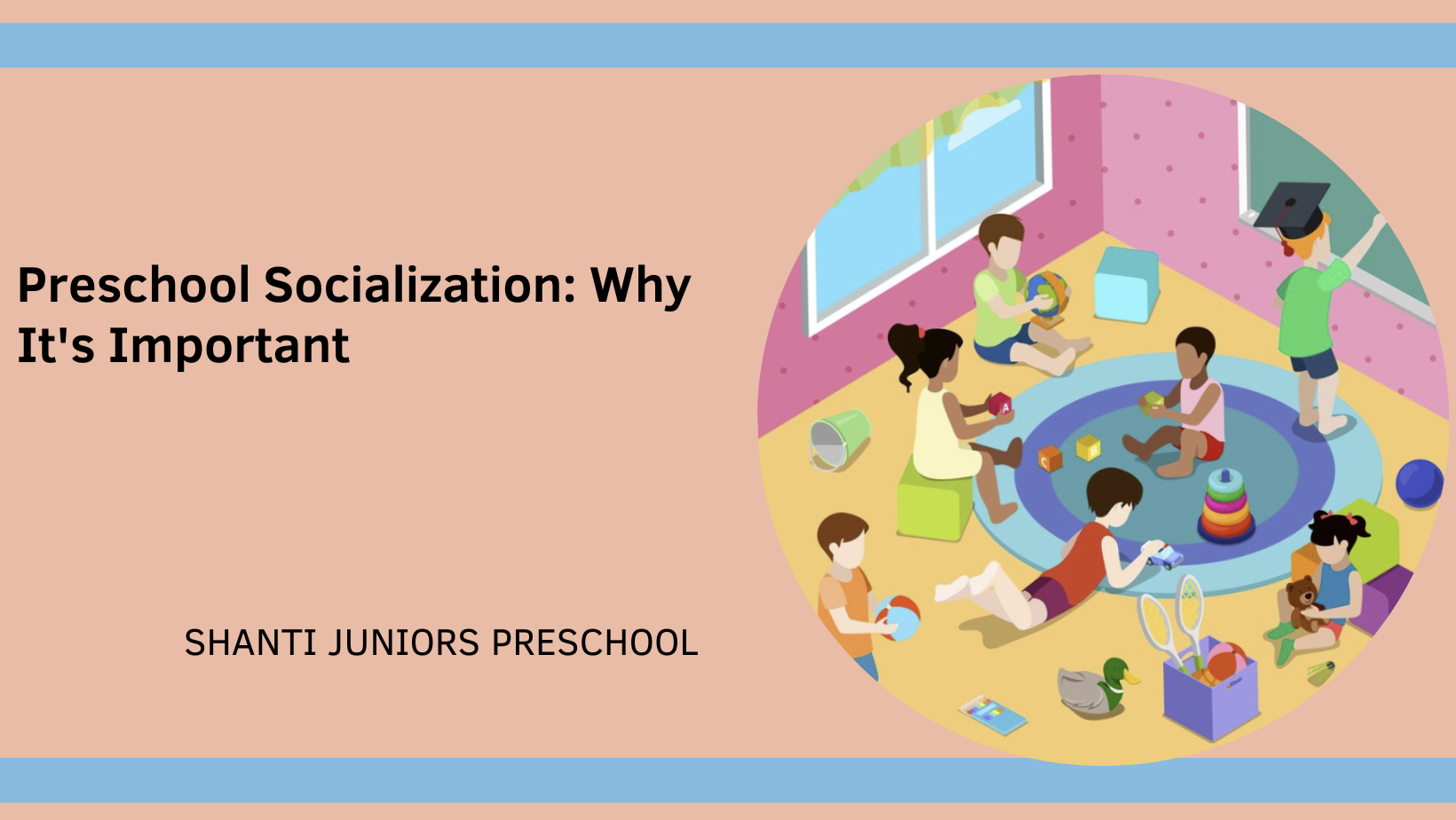

In this article, we will explore the numerous reasons why preschool socialization is essential for young children, the skills they acquire, and the long-term benefits of early social interactions.
Preschool socialization is a crucial aspect of early childhood development. It lays the foundation for a child's future interactions, emotional growth, and academic success. By participating in preschool, children learn valuable social skills that will benefit them throughout their lives. In this article, we will explore the numerous reasons why preschool socialization is essential for young children, the skills they acquire, and the long-term benefits of early social interactions.
One of the primary benefits of preschool is the development of communication skills. In a preschool setting, children are exposed to a language-rich environment where they learn to express themselves verbally and non-verbally. They engage in conversations with peers and teachers, which helps them expand their vocabulary and improve their ability to articulate thoughts and feelings. Additionally, children learn to listen actively, understand others' perspectives, and respond appropriately in social situations.
Emotional intelligence is another critical area nurtured through preschool socialization. Children learn to recognize and manage their emotions, as well as understand and empathize with the emotions of others. Preschool provides a safe space for children to experience and navigate a range of emotions, from joy and excitement to frustration and sadness. This emotional regulation is essential for developing healthy relationships and coping with challenges in later life.
Also Read: Advantages of Daycare for Children and Parents
Cooperative play is a significant aspect of preschool socialization. Through structured and unstructured play activities, children learn the importance of teamwork, sharing, and taking turns. These interactions teach children how to negotiate, compromise, and resolve conflicts constructively. Cooperative play also helps children develop problem-solving skills and fosters a sense of community and belonging.
Preschool environments encourage children to interact with peers from diverse backgrounds, promoting empathy and compassion. Children learn to appreciate differences and understand the value of kindness and inclusivity. Activities that involve role-playing, group discussions, and collaborative projects help children put themselves in others' shoes, fostering a deeper understanding of empathy and compassion.
Learning to establish boundaries and respect is an integral part of preschool socialization. Children are taught the importance of respecting personal space, following rules, and understanding the consequences of their actions. These lessons help children develop self-discipline and respect for authority, which are crucial for success in school and beyond.
Preschool socialization also plays a vital role in enhancing a child's self-confidence and independence. By participating in various activities and taking on new challenges, children build a sense of competence and self-assurance. Teachers provide positive reinforcement and support, encouraging children to try new things and take risks. This boost in self-confidence helps children become more independent and self-reliant.
Studies have shown that children who attend preschool and engage in early socialization are more likely to experience academic success. The social skills acquired in preschool, such as communication, cooperation, and emotional regulation, are directly linked to better performance in school. Children who can work well with others, manage their emotions, and navigate social situations are better equipped to handle the academic demands of school.
Early socialization also contributes to improved mental health. Children who develop strong social skills and emotional intelligence are less likely to experience anxiety, depression, and other mental health issues. The ability to form positive relationships and effectively manage emotions provides a protective buffer against the stresses of life.
The social skills learned in preschool lay the groundwork for lifelong social competence. Adults who were well-socialized as children are more likely to have successful careers, fulfilling relationships, and a strong sense of community. The ability to communicate effectively, empathize with others, and navigate social dynamics is invaluable in both personal and professional settings.
Also Read: Summer Essentials For Your Babies And Toddlers
Preschool socialization is a vital component of early childhood development, providing children with the social and emotional tools they need to thrive. From building communication skills and fostering emotional intelligence to enhancing self-confidence and independence, the benefits of early social interactions are profound and far-reaching. Investing in preschool education and ensuring children have ample opportunities for socialization will set them on a path toward a successful and fulfilling life.